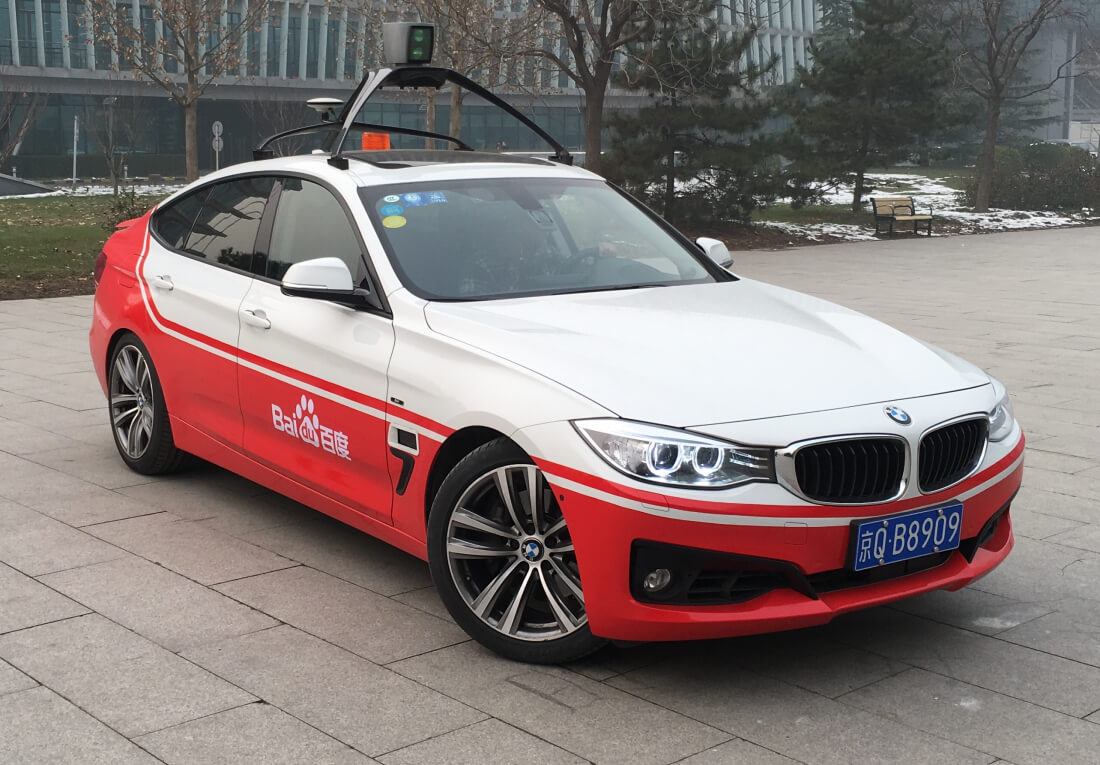Chinese search giant Baidu said it will help increase the development rate of self-driving cars by sharing much of its autonomous vehicle technology.
From this July, the company's new Apollo project - named after the lunar landing program - will make its software, hardware, and other autonomous vehicle services available to car manufacturing partners for development of their own self-driving systems.
Many of the companies involved in the autonomous vehicle industry, such as Google and Tesla, keep most of their research a closely guarded secret - Alphabet is suing Uber for alleged theft of self-driving tech. But Baidu, which has been working on autonomous vehicles since 2015, is taking a different approach.
"China is the world's largest market for automotive sales and production. It has many car brands and an open environment that is ripe for collaboration." Said Baidu COO, Qi Lu, in a statement.
Baidu said that after it opens its autonomous driving technology for restricted environments in July, it plans to share tech for self-driving cars running in urban road conditions toward the end of the year. The company aims to introduce fully autonomous driving capabilities on highways and open city roads by 2020.
In September last year, Baidu announced it was working with Nvidia on a platform for semi-autonomous vehicles, which would see the former's self-driving computing platform combined with the latter's cloud and mapping technology.
Baidu's move comes despite the firm ending its joint self-driving vehicle research program with BMW in late 2016. The pair reportedly had a difference of opinion on how the project should proceed.
Baidu opening up its vehicle technology to others has led to comparisons with the smartphone market. "It really sounds like they want to treat this like a smartphone platform," Mr Chao James Chao, of IHS Markit, told the BBC. "The holy grail for software in cars is to become the Android or iOS that everyone is using, and this is their strategy to do that."
